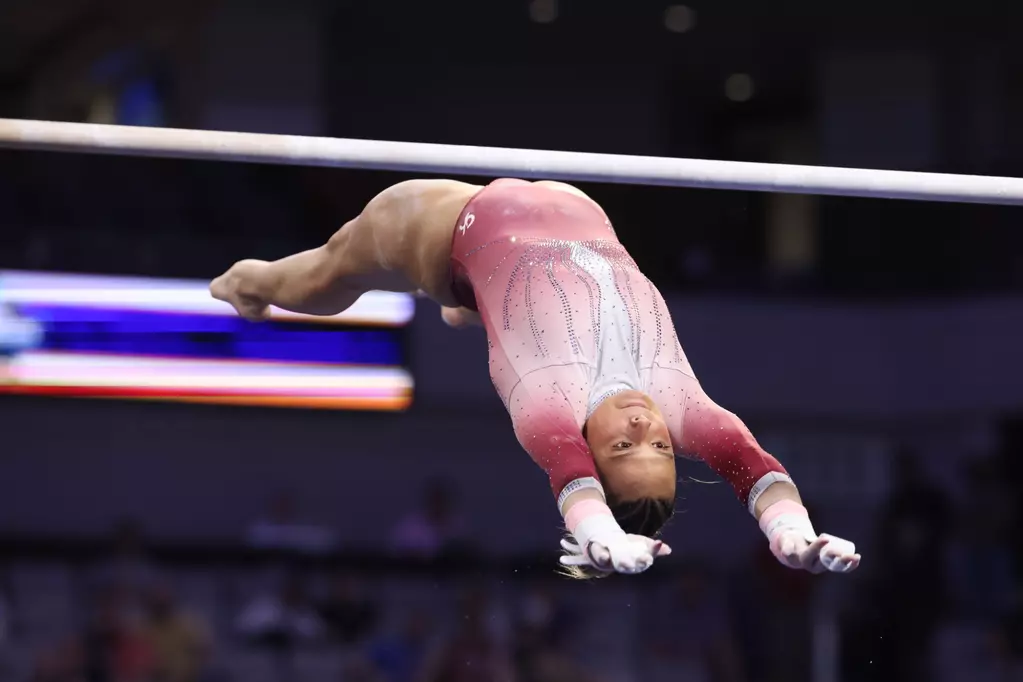Last week’s headlines blasted the demise of once American hero and seven-time Tour de France winner, Lance Armstrong. The cyclist refused to enter the United States of America Doping Agency’s arbitration period regarding his suspected use of performance-enhancing drugs. Armstrong stated he had enough of the independent body’s scrutiny. The USADA took his refusal as admittance of guilt and warned that Armstrong would be stripped of his Tour medals. It appears that this organization considers athletes guilty until they prove themselves innocent.
I wondered if this U.S. agency, as an independent entity, had the ability to take an award from an athlete from a foreign race rather than letting the governing body of a sport decide the fate of someone accused of cheating. Should this organization be recognized by Congress to handle athletes who use performance-enhancing drugs, or should these resources be allocated in a different way?
According to its website, the USADA is in place to “protect the right of U.S. Olympic and Paralympic athletes to compete healthy and clean — to achieve their own personal victories as a result of unwavering commitment and hard work — to be celebrated as true heroes.” Through the years, they have handed down sanctions through federal court proceedings to athletes who have been shown to use performance enhancers. The USADA ensures that all athletic competition on the elite levels is fair.
That was what the agency hoped to do when they brought Armstrong to court. The USADA had 12 witnesses willing to testify that Armstrong and other members of his team were involved in doping activity and took steps to hide their misconduct. The cyclist had the opportunity to proceed to an evidentiary hearing where every shred of evidence would be revealed. Armstrong declined. It’s possible that he did not want the world to hear the evidence the USADA had. The agency sentenced him to a lifetime ban from cycling and disqualified his results from every competition he participated in after 1998, including his Tour wins from 1998 to 2005. The USADA’s witnesses were willing to testify that Armstrong used performance-enhancers before 1996 through his 2009 Tour comeback. The USADA did not say why they waited so long to bring charges against the cyclist.
In its statement, the USADA reported that the charges against Armstrong violated anti-doping policies such as the United States Olympic Committee National Anti-Doping Policies, USA Cycling rules and the International Cycling Union Anti-Doping Rules. These agencies have their own set of rules to govern the use of performance-enhancers. Sports like track and field and swimming also have anti-doping policies. With these rules, it seems the governing bodies of various sports have the ability to police their athletes in regards to the use of performance enhancers. And, in Armstrong’s case, some agencies, like The International Cycling Union, do not always follow the punishments imparted by the USADA. The ICU and Tour de France organizers said they want the USADA to explain their sanction before forfeiting Armstrong’s seven Tour de France wins — showing that the agency does not have complete control over doping situations.
If the governing bodies of sports performed their own investigations into the behavior of athletes they saw as cheaters and handed down penalties in the same way the USADA does, these bodies would uphold their own findings rather than contesting the findings of an independent agency. The governing organizations of specific sports would have the ability to hand down their own sanctions to athletes rather than rendering control to an outside organization. The leaders of U.S. sports would also be able to react to positive drug tests faster than an outside organization. The sanctions may be more respected by athletes if members of their own sports punish them. The USADA could then use their money to fight the introduction of new or harmful enhancers. They could police the illegal sale of dangerous steroids to minors and educate young people about the effects of steroid use. The process of finding and punishing athletes who use performance-enhancers should be left to the governing body of the sport.








